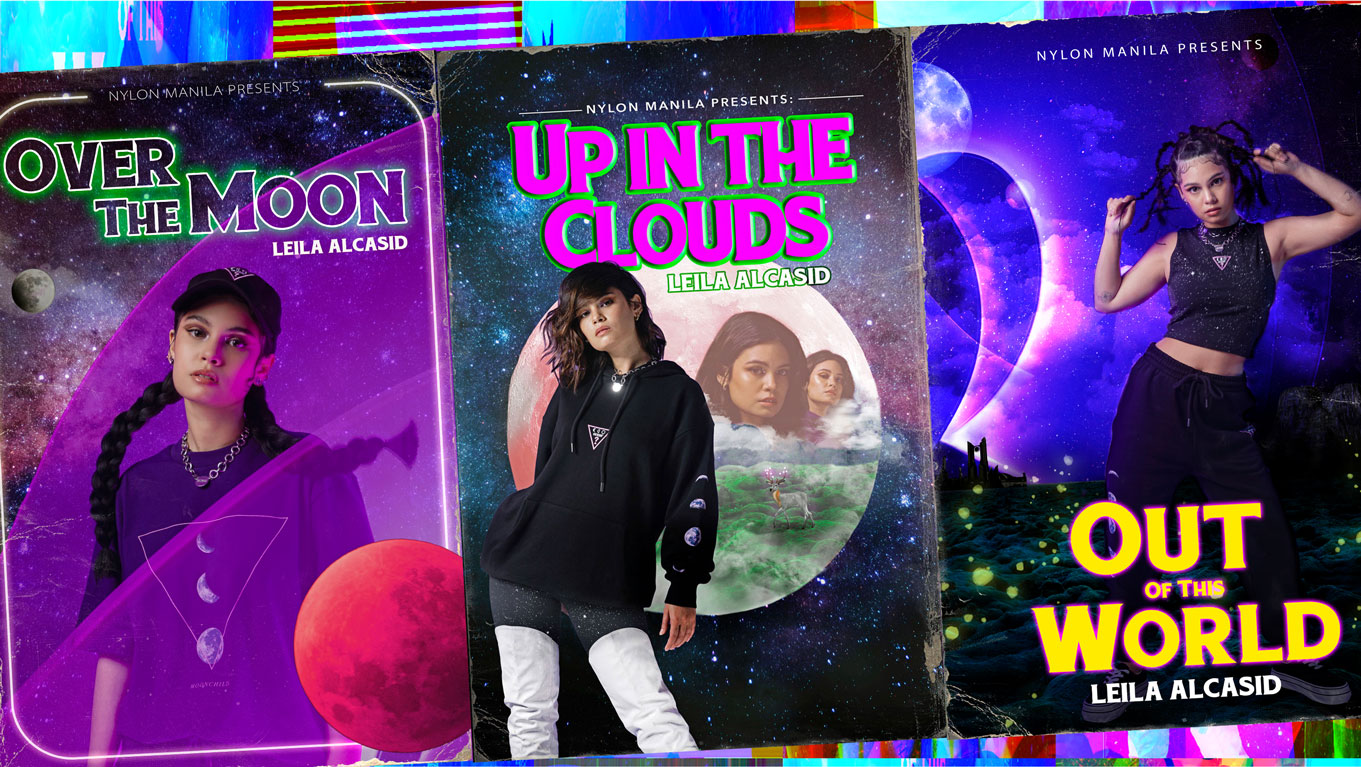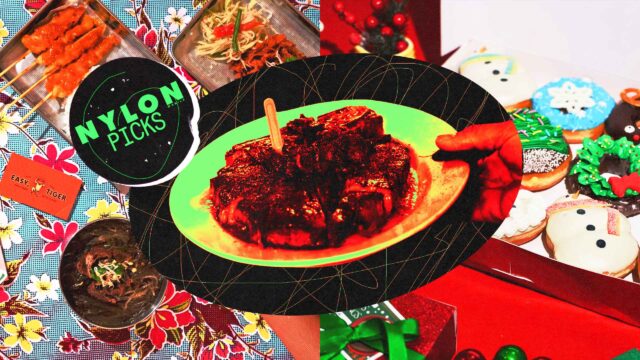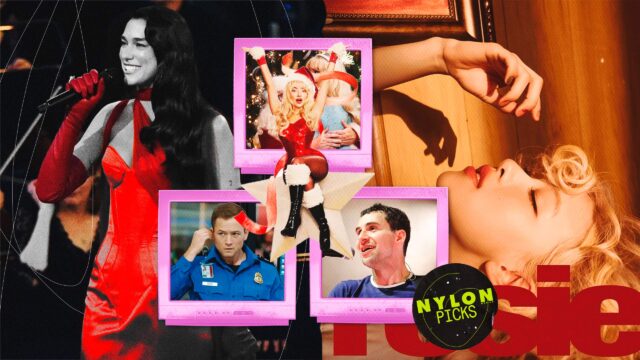As she finds her voice and space in the realm of music, Leila Alcasid reminds us that not all hope all is lost in this conversation of connection.
Related: BEABADOOBEE UNCOVERED: BEDROOM SESSIONS AND A JOURNEY TO SELF-ACCEPTANCE
There is just something about Leila Alcasid that draws you in closer at every increment of time that passes. To the curious and uninitiated, it usually begins with the eyes—those evocative wells of emotion that evoke so much at every blink. But for those already further charmed, it is her voice that keeps your attention focused on her. “Lost in cumbersome somehows, try to listen to the wind but it’s drowning me out. I’ve been floating in limbo, days are passing by too slow,” she sings in Clouds, seemingly detailing in poetic justice the general indeterminate and indescribable mood of the greater population in the midst of the pandemic.
A fitting release in the context of the global crisis, which has since stalled or completely shut out the connection of the world across industries and social circles, the track that forms part of semilucent, the sparkling debut of Paradise Rising, the local counterpart to the global disruptor that is 88rising, means a whole lot more to Leila Alcasid than work. For her, it is a chance to express herself and her innermost thoughts into something tangible that the rest of the country and the world can relate to. “I wanted something that reflected my mental state at the time, as well as where I knew I was headed. So it naturally became a track about feeling unsure, but knowing better times would come,” she says of the Moophs-produced musical undertaking. “My intention really is to create music that calms me and helps me to release anything I’m keeping inside. So, I’m glad that it can do that for other people, too.”

Feeling her way into the industry that has long been waiting for her with open arms, she has since introduced us to her dreamy, whimsical take on story-driven music that is quite frankly a welcome respite from the overproduced and overly saccharine drops that are perhaps too self-aware for its own good. Traipsing along the emotionally earnest, this is her foray into an even bigger musical space (and stage). “I make music because I love the feeling of being in a studio, hearing the thoughts in my head transform into something lasting. It’s always great working with producers who understand where you’re coming from, and that is my absolute favorite part,” describes Leila Alcasid. “Seeing people connect with what you’ve made is unlike any other feeling.”

A Connection
Digging deeper into the implications of music as one that ultimately connects, Leila Alcasid furthers, “Music is a universal way to communicate personal feelings, because it conveys emotion in a different way. So for me, I try to translate my thoughts and feelings into a particular sound, so the tone is set from the moment the song starts.” Finding her own in the landscape of songwriting, Leila reveals how artists like Norah Jones, Nelly Furtado, and NIKI, have inspired and informed her sound. “Ever since I started writing my own songs, I really tried to focus on having a singular motif in order to create a narrative that weaves its way through the whole project,” she discloses.
Central to her musical ethos as a rising artist in the country, storytelling is most apparent in her soothing singles such as Completely In Love, I’m Not, and Someday Paradise. Through these refreshing releases, which includes a five-track EP, Better Weather, Leila Alcasid sings us her story—one that becomes an intriguing revelation as each song soars. Cutting through on her own, she makes it very clear that her musical identity is one that is worth listening to again and again.

The Music Movement
In an interview with The Grammys (yes, as in the awards-giving gold standard in music), Leila Alcasid describes how being Filipino has given her musical identity a more realized and distinct sound, despite of course, being inspired by international artists as well. “I always pay attention to my process; Filipinos always want to give every part of themselves. The way that this translates in music is that we’re very vulnerable. If you look at the music that we listen to, it’s really all to do with digging deep and having music that relates to the human condition…I guess I’m trying to be as vulnerable as possible, trying to open myself up,” she says. “The best thing about Filipino music is the heart and soul; we say what we feel and it connects undoubtedly.”
And this is precisely what 88rising, the force behind the cultural movement in Asian representation is all about, which makes its offshoot, Paradise Rising, the Filipino collective of talented emerging talents from an already rich and vibrant pool of creativity in the country, make the most sense now. “It’s a wonderful feeling,” she gushes on being part of this inaugural introduction on the local stream of sound. “Hearing the final product of semilucent made me so proud to be a part of something new and exciting, and I couldn’t be happier with the artists I’m alongside.”

Even as she is still figuring out and focusing on her sound, Leila Alcasid acknowledges a sense of duty when it comes to representing a younger voice, as well as of pushing for a different take on Filipino music. “It feels like a huge responsibility, but also a wonderful one. I’m glad I’m not alone in that, [because] there are so, so many brilliant artists transforming local music and bringing their own flavor.”

Again, Again, Again
Often dismissed by gatekeeping overlords as having heads stuck in the clouds, there is clearly much to listen and learn from the younger ones. As the rest of the world yearns for the familiar, here they are, setting sights beyond limits and rising to the occasion, especially at times when hope seems lost. Proving that there is a lot to go by despite the persistence of the gloom and doom, Leila Alcasid reminds us fittingly at the end of Clouds that all will be well somehow. “Stay a while ’til the sun comes out again,” she trails. “In the quiet, we can wait till it’s bright and then when the clouds wanna part, I can let you in again, again, again.”
Now that doesn’t seem too far out of this world does it?
Photography FLOYD JHOCSON of Studio 100
Styling JHELO CRISTOBAL
Makeup ANTHEA BUENO
Hair MARK FAMILARA
Sittings editors ANGELO RAMIREZ DE CARTAGENA and LYN ALUMNO





